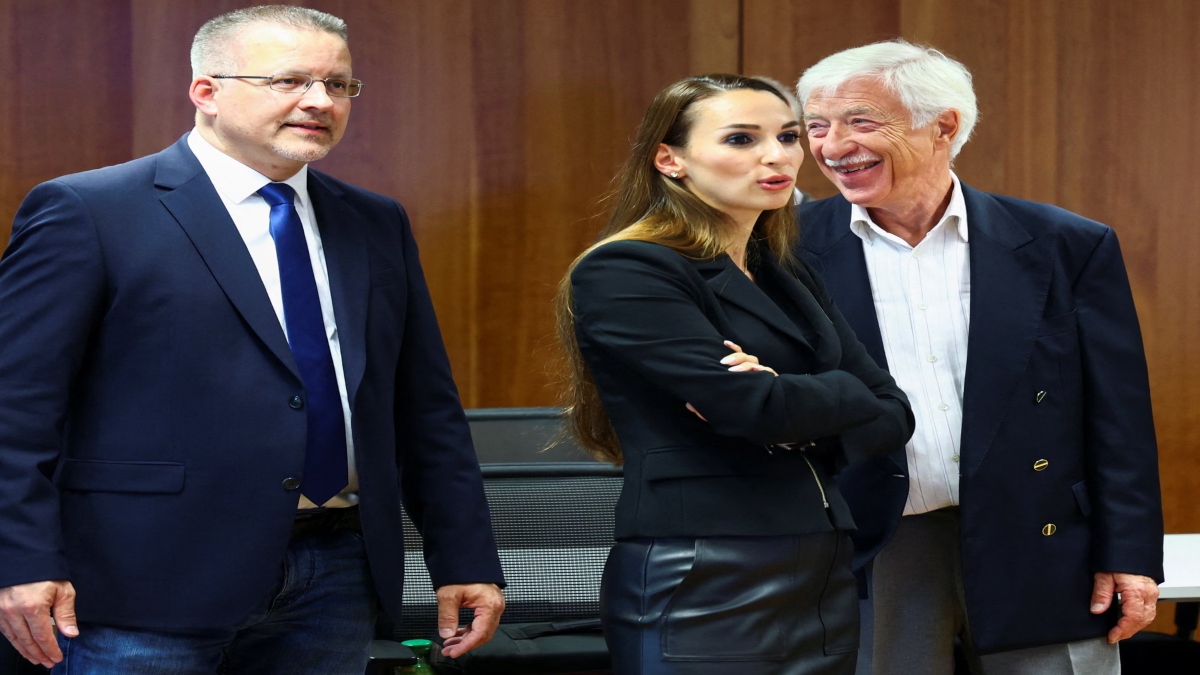More worries are emerging for German Chancellor Friedrich Merz , as the country’s far-right Alternative für Deutschland (AfD) party has more than tripled its support in local elections in one of the most populous states in Germany, exit polls show. The growing popularity of the German far-right party is now being seen as Merz’s first significant electoral test since he took office four months ago.
According to exit poll results from North Rhine-Westphalia, Merz’s Christian Democrats won with 34 per cent of the vote, which is about the equivalent of its historically worst result in the same poll in 2020. Meanwhile, AfD managed to gain 16.5 per cent of the votes in the election.
It is pertinent to note that North Rhine-Westphalia is home to almost a quarter of Germany’s citizens and is made up of swathes of agricultural land. It has post-industrial towns and comprises cities with large multi-ethnic and student populations.
Why it matters
Almost 14 million people in the state were eligible to vote in the local elections. The voter base is equivalent to the size of some EU nations and is larger than the electorate of all East German states, where the AfD is strongest. The votes eventually determine a whopping 20,000 seats in the councils of more than 320 towns, cities and municipalities, as well as the positions of mayors and lord mayors across the state.
According to The Guardian, this year’s voter turnout in the state was up 59 per cent from 2020. The exit poll suggests that Merz’s CDU will continue to retain a dominant position in the state. The Social Democrats, its junior coalition partner in the federal government, came in second with 22.5 per cent, a small drop from its result in the 2020 polls.
The pollsters noted that the AfD’s gains appear to have been made on the back of heavy losses for the Greens and the pro-business Free Democratic Party. The party has already set its goal to enter the German federal government by 2027. Currently, it is the largest opposition party in the parliament.
Impact Shorts
More ShortsIt is important to note that the local election took place against the backdrop of a weakened German economy, rising unemployment and growing unease over immigration, all of which have been key issues of AfD. Meanwhile, Merz has pledged to get the economy back on track, reduce immigration and cut the far right down to size.
With AfD’s latest performance, the far-right party has presented itself as a confident alternative, scoring points with voters on issues such as energy provision, education and above all immigration, even though these policy areas are not decided at the local level.
)